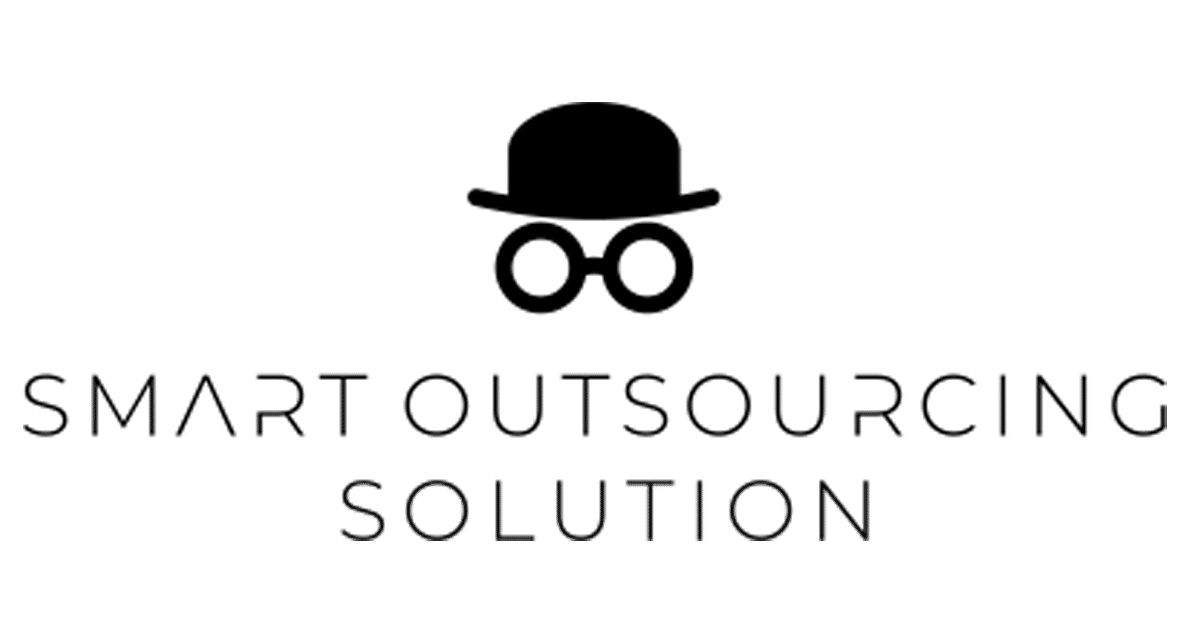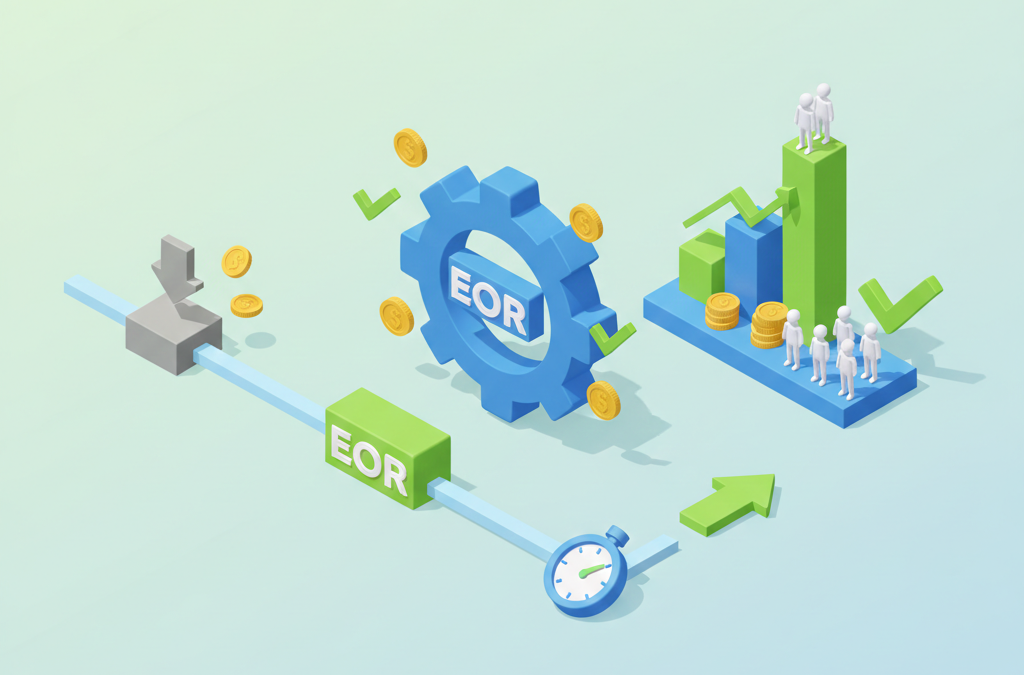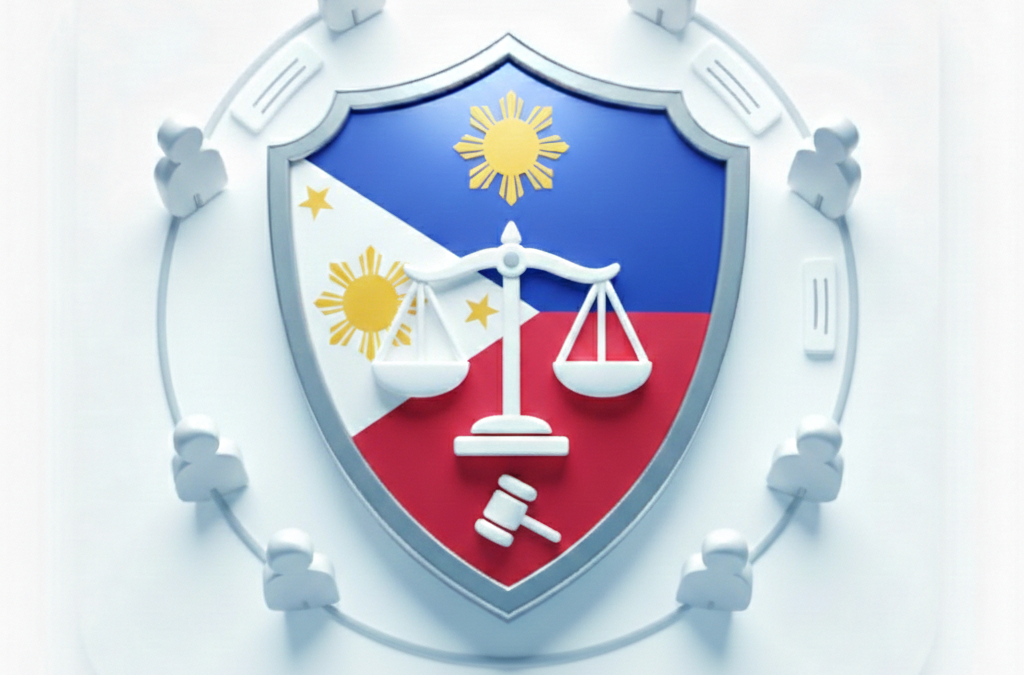Protecting IP and Confidential Data When Using an Employer of Record
Date updated: October 10, 2025
TL;DR — Key Facts About IP & Data Protection
- 92% of global businesses cite data breaches as their top outsourcing concern (PwC, 2025).
- 70% of companies require NDAs before onboarding outsourced teams.
- 40% of EOR providers lack in-house legal compliance teams.
- Smart Outsourcing Solution (SOS) uses 100% entity-owned operations for direct liability control.
- ISO 27001 certification reduces breach risks by up to 43%.
Why IP Protection Is Critical in Cross-Border Hiring
Outsourcing teams across borders introduces risks to intellectual property, proprietary software, trade secrets, and confidential client data. Without robust safeguards, companies face potential breaches, misappropriation, and regulatory penalties. Ensuring IP and data protection is essential for maintaining competitive advantage, avoiding legal disputes, and building trust with stakeholders.
Contractual Safeguards: NDAs, Non-Compete Clauses, IP Assignment
Contracts are the foundation of IP protection. NDAs, IP assignment clauses, and non-compete agreements ensure that work produced by outsourced employees legally belongs to the client. Clear confidentiality clauses, onboarding agreements, and enforceable penalties for breaches reduce risks of theft or misuse, especially when working with remote teams via an EOR.
Cybersecurity & Data Privacy Measures
Technical safeguards complement contractual protections. Encrypted communications, secure cloud storage, role-based access, and ISO 27001–aligned IT policies prevent unauthorized access. SOS deploys these systems to ensure employees can only access necessary data, creating audit trails and minimizing the risk of accidental or malicious exposure of sensitive business information.
Regulatory Compliance: GDPR, Local Privacy Laws
Compliance with global privacy laws is critical. SOS ensures adherence to GDPR, CCPA, and local laws like the Philippine Data Privacy Act. Providers with full entity ownership maintain direct legal accountability and enforce standardized policies, minimizing compliance risks and ensuring consistent protection of sensitive data in all countries of operation.
Cybersecurity & Data Privacy Measures
Use this checklist to confirm your EOR setup in the Philippines protects both your company and your team.
Employment & compliance
• PH-issued employment contract governed by Philippine law
• EOR is the legal employer (not the client); payslips issued in the Philippines
• Statutory benefits: SSS, PhilHealth, Pag-IBIG, plus 13th-month pay
• DOLE-aligned handbook, policies, and timekeeping/attendance enforcement
• Proper worker classification (employee vs contractor) to avoid misclassification
• Termination, probation, and dispute procedures aligned with PH labor law
Intellectual property & confidentiality
• IP assignment/ownership clause (present and future works; moral rights waivers as applicable)
• Confidentiality/NDA binding the employee and, where appropriate, the client entity
• Inventions and works-for-hire provisions with clear deliverables and tooling ownership
• Return-of-property and access revocation steps on exit (devices, accounts, credentials)
Data protection & security
• Compliance with the Philippines Data Privacy Act (NPC guidance)
• Named Data Protection Officer (DPO) and incident response contacts
• Lawful basis for processing; privacy notice provided to employees
• Cross-border transfer mechanism documented (SCCs/contractual safeguards as applicable)
• Access control (least privilege), MFA, and device management (MDM) for company data
• BYOD policy with minimum security baselines and remote wipe capability
• Secure handling of payroll/ID documents; retention & deletion schedule defined
• Breach notification workflow and vendor/sub-processor oversight
Operational hygiene
• Role-based access reviews at least quarterly
• Change-management for tools that process personal or sensitive data
• Regular compliance attestations (policy read/accept, security awareness)
• Evidence pack: signed contracts, policy receipts, training records, payslips, and filings
Related legal resource (Legality hub)
• Is EOR legal in the Philippines?
What to Request From Your EOR Provider
When evaluating EOR providers, request:
- Employee contracts with NDAs and IP assignment clauses.
- Evidence of entity ownership in service countries.
- Security certifications (ISO 27001, SOC 2).
- Audit reports and compliance policies.
- Protocols for off-cycle payroll, document handling, and secure data storage.
These requirements help ensure robust IP and data protection in outsourced teams.
SOS’s Security Framework
Smart Outsourcing Solution operates fully entity-owned entities in all service countries. Key features include:
- ISO 27001-certified processes.
- Mandatory NDAs for all employees.
- Encrypted infrastructure for all data transfers.
- Direct legal liability control without third-party partners.
This framework ensures predictable, auditable, and globally compliant IP and data protection.
Final CTA
✅ Don’t risk your proprietary data. Secure your IP and confidential information with Smart Outsourcing Solution today.
Book a Free Consultation
FAQs – IP & Data Protection in EOR Services
- Why is IP protection essential in outsourcing?
Cross-border outsourcing exposes companies to theft, misuse, or accidental disclosure of trade secrets and proprietary work. Strong IP protection ensures your technology, designs, and business processes remain secure, compliant, and legally protected, maintaining competitive advantage across multiple countries and remote teams. - How do contractual safeguards help?
NDAs, IP assignment clauses, non-compete agreements, and confidentiality contracts define legal ownership of employee-generated work. They reduce risk of misuse and clarify responsibilities. Combined with clear penalties for breaches, these measures protect sensitive company assets when outsourcing staff internationally. - Are NDAs alone sufficient for IP protection?
No. NDAs must be combined with technical safeguards like encryption, secure document storage, and restricted access. This dual approach mitigates risks from accidental leaks or malicious actions while ensuring full legal and technical control over sensitive information. - Why does entity ownership matter for IP security?
Full entity ownership ensures the EOR provider has direct legal accountability. Partner-based models introduce intermediaries, which can create gaps in compliance and slower incident responses. Direct ownership reduces risk of data misuse, delays, and legal complications. - Which certifications should I look for in an EOR provider?
ISO 27001 and SOC 2 demonstrate structured, auditable security policies. They ensure robust data handling, compliance management, and secure storage of proprietary information, making them the gold standard for IP and confidential data protection in outsourcing. - How can I audit an EOR’s security practices?
Request security policies, recent audit reports, and employee NDA templates. Verify encryption methods, access controls, and adherence to GDPR, CCPA, and local privacy laws. This ensures the provider’s technical and legal safeguards are actively enforced. - What technical measures protect outsourced IP?
Encrypted communication channels, secure cloud storage, role-based access, and ISO-aligned IT processes prevent unauthorized access. These measures create secure audit trails and maintain confidentiality of sensitive assets when working with global teams. - What should I require from contracts?
Include NDAs, IP assignment clauses, confidentiality, and non-compete agreements. Clearly define data handling responsibilities, reporting obligations, and penalties for breaches to reduce risk and ensure ownership of work produced by outsourced employees.
About the Author
Phil Murphy is a founding partner of Smart Outsourcing Solution (SOS) and a seasoned expert in offshore staffing, employer of record (EOR) services, and remote team operations. With over three decades of experience in the BPO industry across Australia, the Philippines, and the UK, Phil has supported major brands such as Qantas and Telstra in building high-performing global teams. He advises startups, scale-ups, and established enterprises on staff leasing models, compliance risk, and workforce optimisation across Southeast Asia. Phil is a sought-after voice on topics such as EOR, AOR, and BOT models, and frequently shares insights on balancing operational efficiency with cultural alignment in distributed workforces.




